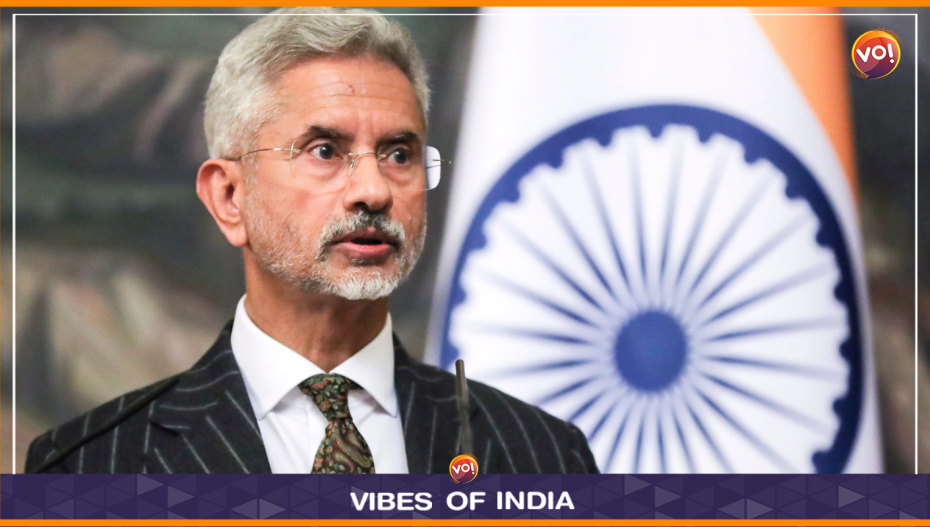In a significant victory, India was elected to the UN Statistical Commission (StatCom) for a four-year period in a “competitive” election. It should be mentioned here that India was a member of the Statistical Commission last in 2004 and the country is returning to the UN agency after a gap of two decades.
Meanwhile, South Korea won over China for the other seat in the Asia Pacific States category through a draw of lots after inconclusive rounds of secret-ballot voting.
India was also elected unopposed to the Commission on Narcotic Drugs and the Programme Coordinating Board of the Joint UN Programme on HIV/AIDS.
StatCom is a functional commission of the UN Economic and Social Council, established in 1947. It oversees the work of the United Nations Statistics Division (UNSD).
The Commission comprises 24 member countries of the United Nations. The member states are elected by the Economic and Social Council on basis of the following geographical distribution: African States (5), Asian States (4), Eastern European States (4), Latin American and Caribbean States (4), Western European and other States (7).
India secured an overwhelming 46 out of 53 votes. A second candidate is yet to be decided between South Korea and China and the balloting process will resume later in the day for electing the remaining Asia Pacific States member.
India was elected by secret ballot while Argentina, Sierra Leone, Slovenia, Ukraine, the United Republic of Tanzania and the United States of America were elected by acclamation for a four-year term of office beginning January 1, 2024.
External Affairs Minister S. Jaishankar, congratulating Team India in a tweet on Wednesday, added: “India’s expertise in the field of statistics, diversity and demography has earned it a seat on the StatCom.”
Current members from the Asia-Pacific States include Japan (till 2024), Samoa (till 2024) as well as Kuwait and Republic of Korea, whose terms are ending this year.
StatCom, established in 1947, is the highest body of the global statistical system bringing together chief statisticians from member states around the world. It is the highest decision-making body for international statistical activities, responsible for setting of statistical standards and the development of concepts and methods, including their implementation at the national and international level.
Also Read: Curious Case Of Adopted Child; Court Rejects Plea To Disown Adoptive Parents












